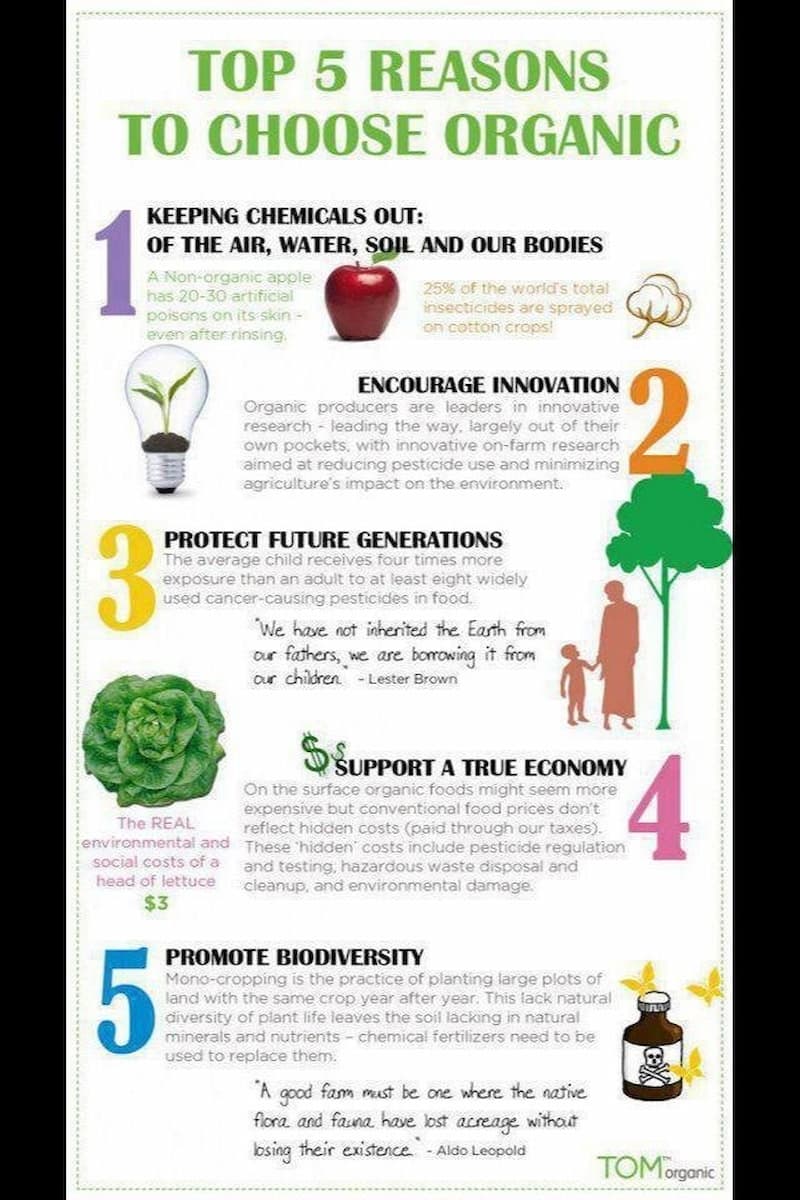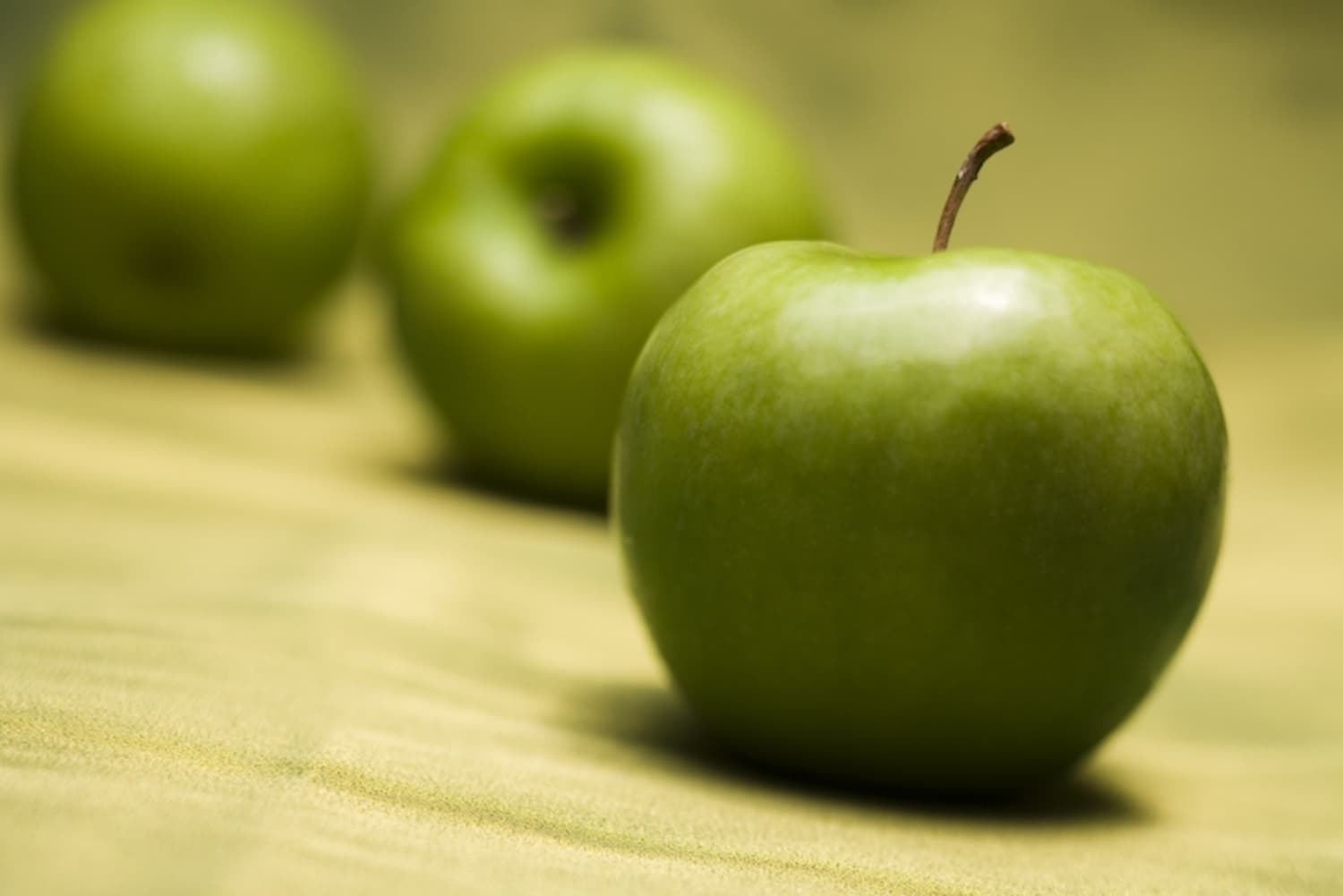Organic food is becoming increasingly popular because it is grown without the use of synthetic pesticides, artificial fertilisers, hormone drugs, genetic engineering, or anything else that has been man-made. Organic produce is believed to be healthier as it not only has better nutritional quality and taste, but it also has many environmental benefits. Organic farming practices help maintain soil quality as well as the health of plants and animals, which leads to the production of food that is safe for the environment as well as for humans to eat.
Organic foods and other organic products are often packaged using materials that aim for environmental sustainability, such as recyclable or biodegradable packaging.
Products derived from conventional farming are said to have negative effects on human health. It has been recognised by the medical profession that the body absorbs large amounts of what we put on our skin or hair. For example, synthetic chemicals that are found in cosmetics and skincare products have been linked to skin irritations, hormonal imbalances and other serious illnesses. With the average person using up to 25 different products on their body in a day, many chemicals are bound to be absorbed. Many brands claim to offer natural skincare products, but the majority of them contain harmful chemicals such as parabens, sodium lauryl sulphate, fragrance and formaldehyde, to name a few synthetic ingredients commonly found in skincare and haircare products.
By using organic products, much less chemicals are absorbed, and the body is healthier as a result. When buying natural skincare products, beauty products or other personal care products, ensure that they are certified organic and contain natural, non-toxic chemicals.

Source: Centra Foods
Types of Organic Products
Organic products can be identified either by scanning the barcode or looking for organic certification logos on the product's label. Supermarkets and health food stores sell a wide array of organic products in addition to organic crops. Organic ingredients may be found in the following:
- organic foods
- beverages like organic milk
- skin care
- hair care
- hair colourants (such as henna)
- eczema and psoriasis products
- deodorants
- environmentally friendly cleaning products
- homeopathics
- herbal and vitamin supplements
- cosmetics
- oral care
- health care
- wine
Health Benefits of Using Organic Products
Products of organic agriculture are free of synthetic pesticides, fertilisers and growth hormones, which have been linked to several types of cancer. Their ingredients aren't genetically modified, so you're less likely to develop food allergies or get food poisoning from pesticide residues. Furthermore, organic meat, dairy products, fruits and vegetables taste better than conventional foods.
As for their potential health benefits, organic produce is believed to contain more nutrients that protect you from various types of diseases like cancer, diabetes and heart disease.
How Do I Know If a Product Is Organic?
The presence of natural ingredients in a product does not imply that it is organic; even conventional produce can make this claim. For a product to be certified organic, a minimum of 95 percent of the ingredients need to be certified organic. The other five percent does not need to be certified but still need to meet the relevant organic standard. In Australia, all organic foods and products must display a certification number or symbol. The number or symbol signifies that the product meets the standards of the government.
If you want to eat more organic produce but aren't sure if you can stick to it, start by buying one organic product at a time and gradually add more organic ingredients to your pantry.
Instead of going to the supermarket, visit your local farmers' market, which sells a wide variety of organic produce that is both fresh and affordable. You could also try going online, as there are many websites that sell organic products at low prices.
Don't be afraid to experiment with new recipes which use only organic ingredients as you transition because it can really help make the whole organic transition process easier. You can also try growing your own organic produce by using organic gardening practices, which will save you money in the long run.
Originally published on Jul 11, 2007









